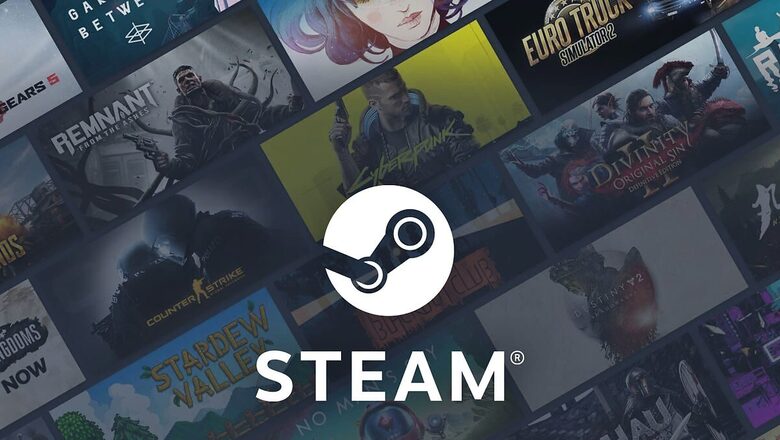
views
Earlier this week, there were reports that Valve, the creator of the Half-Life video game, and Steam, the game distribution platform, would be prohibiting the publication of games that contain AI-generated assets.
However, the company has now issued statements clarifying its position on publishing games with AI-generated content—stating that it is not opposed to artificial intelligence, but that its current stance is simply due to its evolving policies, and should not violate copyrights.
This development comes after a game developer known as u/potterharry9 on Reddit claimed to have submitted his indie game for publication on Steam, which included a few AI-generated assets. He stated that his plan was to submit a “rough version” of the game with “AI-generated assets” and then refine it later. However, Steam refused to publish his game—stating that the game’s content included content from “one or more third parties” and that the ownership of AI content was unclear.
The developer resubmitted the game with refined AI content, but was rejected again. Steam, in the second instance, said, “while we strive to ship most titles submitted to us, we cannot ship games for which the developer does not have all of the necessary rights.”
Valve added, “At this time, we are declining to distribute your game since it’s unclear if the underlying AI tech used to create the assets has sufficient rights to the training data.”
Valve has also issued an official to IGN, saying “Our priority, as always, is to try to ship as many of the titles we receive as we can,” Aitchison Boyle said. “We welcome and encourage innovation, and AI technology is bound to create new and exciting experiences in gaming. While developers can use these AI technologies in their work with appropriate commercial licenses, they can not infringe on existing copyrights.”
Valve is also reportedly refunding creators their app credits, which typically are deemed “non-refundable.”
Simply put, Valve and other publishers are clearly conflicted about whether or not to include AI-generated art and content in their games. The rise of generative AI has sparked numerous debates in other industries, including music and writing, as there is no clear definition of who owns AI-generated content.




















Comments
0 comment